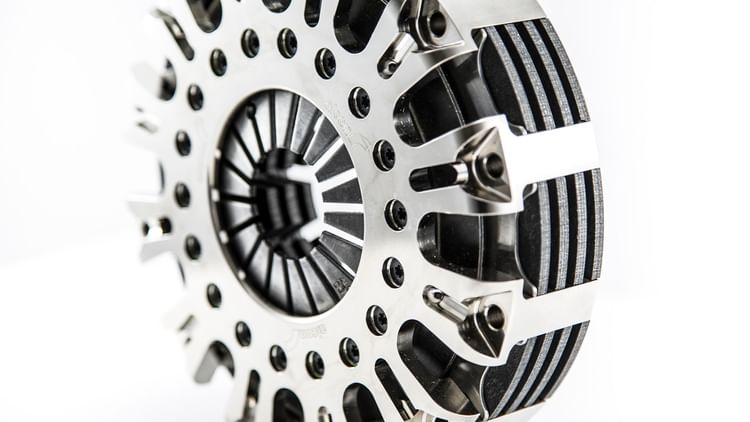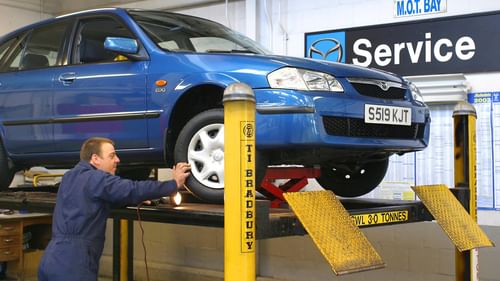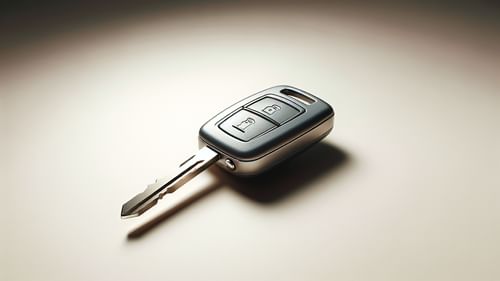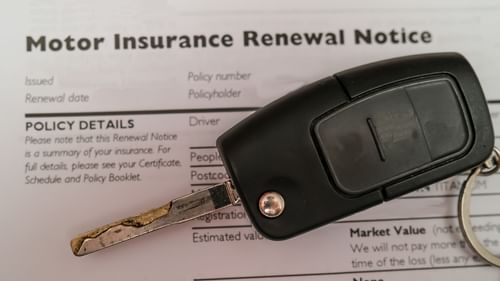Clutch replacement: can you drive with a worn clutch?

A worn clutch isn’t just an inconvenience, as it can also become a major problem if ignored. You might notice your car losing power, struggling with gear changes, or revving without acceleration. These aren’t just small hiccups, they’re warning signs that your clutch may be close to failure.
If you’re unsure whether your car is still safe to drive, keep reading to understand the risks and how to avoid bigger repair bills.
What happens when your clutch wears out?
Your clutch connects the engine to the wheels. When it’s working properly, you’re able to shift gears smoothly and control power delivery. But over time, that clutch disc wears down. If the wear becomes significant, you’ll start to feel it.
You might press the pedal and get little to no response. Or maybe you notice a burning smell during heavy traffic. These are signs that your clutch could be slipping. And when a clutch slips, your car isn’t driving efficiently or safely.
Can you keep driving with a worn clutch?
Technically, yes, but that doesn’t mean you should. Continuing to drive might seem harmless if the car still moves, but the longer you wait, the more damage you might cause. A clutch that’s on its way out puts extra pressure on other parts of the transmission.
Over time, a slipping clutch might wear down the flywheel or lead to transmission failure. That turns what could’ve been a quick repair into a much bigger, costlier job. It also affects your control behind the wheel, which is especially risky in stop-start traffic or on hills.
If you’re noticing issues, getting a Fixter clutch kit replacement arranged early could save you money and hassle. Their vetted garages and manufacturer-certified parts mean you’re not taking any chances with safety or performance.
What to watch out for on the road
When your clutch is in poor shape, you’ll feel it in your day-to-day driving. Gear shifts become harder, and you might feel a judder when setting off. Sometimes, the pedal might even feel spongy or refuse to come back up properly.
Driving with these symptoms isn’t just uncomfortable, as it’s also unpredictable. And on busy roads, you need full control of your vehicle. That’s why prompt action matters. Ignoring the signs can lead to a breakdown at the worst possible time, whether on the motorway, in rush hour, or far from a garage.
Why acting early pays off
Fixing your clutch before it fails completely is a safe and smarter choice. Catching problems early means fewer parts are affected, and your car spends less time off the road.
A full clutch replacement might sound like a big step, but it’s far better than dealing with a wrecked gearbox or facing emergency roadside recovery. By choosing a trusted service provider, you also know what you’re paying for upfront.
Closing remarks
If you’ve been feeling your car struggle or hearing strange noises when you shift, don’t wait for the problem to fix itself. It won’t. Your clutch isn’t going to magically recover, and the longer you leave it, the more you’re risking your safety and wallet. Book your car in, get that clutch checked, and avoid being caught out when it really counts.





